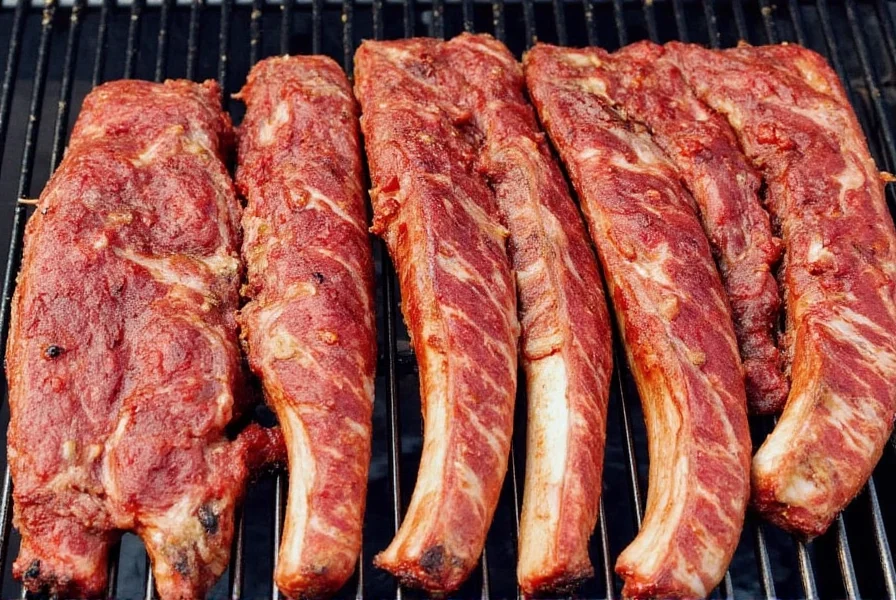
If you're a fan of barbecuing or just diving into the world of grilling, one of the most common questions is: how many bones in a rack of ribs? The answer might surprise you — and it could make all the difference when planning your next backyard cookout. In this article, we’ll not only give you the lowdown on rib anatomy but also share some spice storage & usage hacks to take your rib game from good to great.
Table of Contents
- How Many Bones in a Rack of Ribs?
- Spice Storage & Usage Hacks for Perfect Ribs
- Buying Guide: Choosing the Right Rubs and Spices
- Conclusion
How Many Bones in a Rack of Ribs?
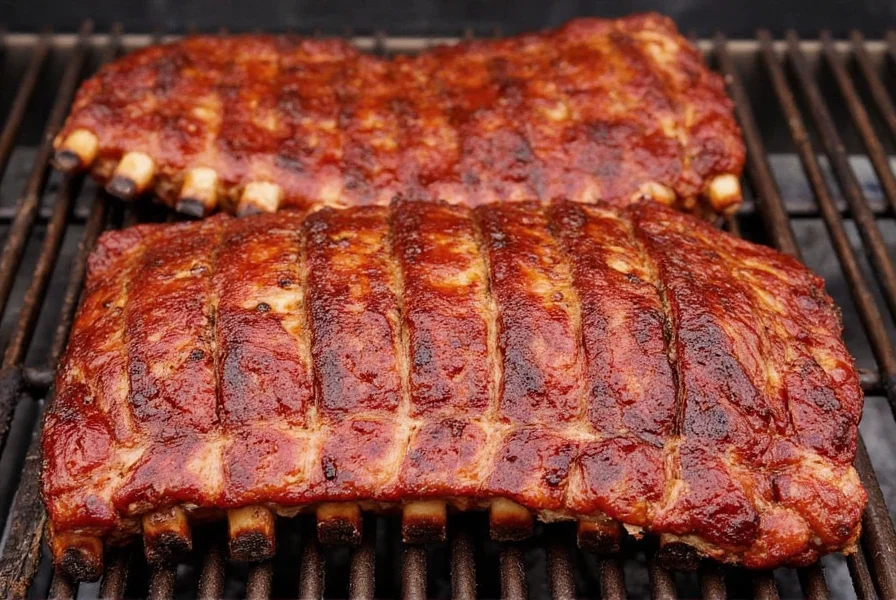
Ribs come in various styles and sizes depending on the cut and the animal they’re sourced from (usually pork or beef). Here’s a quick breakdown of what defines a rack and how many bones you can expect:
| Type of Rib | Bones per Rack | Description |
|---|---|---|
| Pork Back Ribs | 13 | Tender and lean, ideal for slow smoking or baking. |
| Spare Ribs | 11–13 | Fattier with more flavor, often used in St. Louis-style preparations. |
| Beef Back Ribs | 7–9 | Larger, meatier, and best for high-heat grilling. |
The Magic Number: 13 Bones
Most commonly, a full rack of pork back ribs includes around 13 individual bones. These are connected by cartilage and meat, giving that signature finger-like shape. When you buy pre-packaged racks from the store, they usually come with the membrane removed and trimmed to size — so count before you marinate!
Spice Storage & Usage Hacks for Perfect Ribs
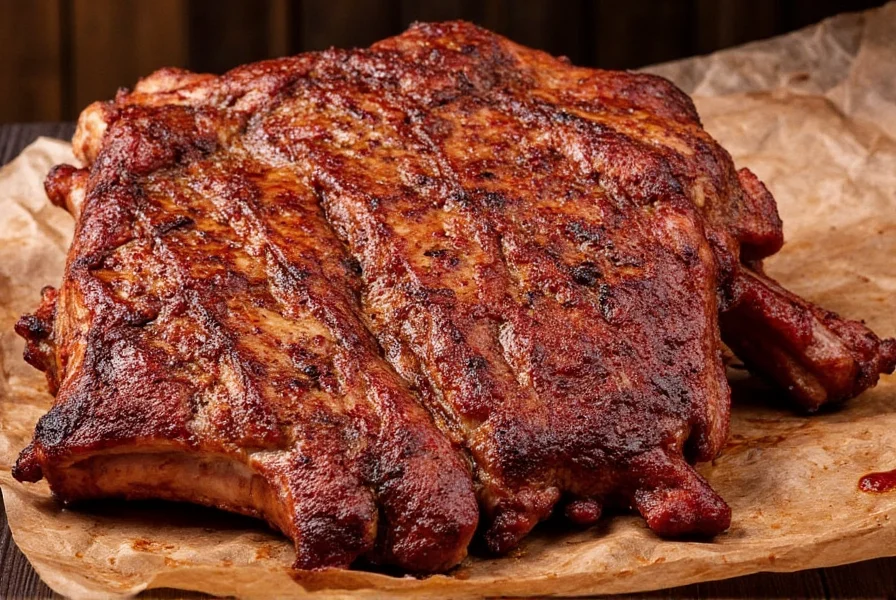
Spice is the soul of any great rib dish. But without proper handling, even the most premium blends can lose their punch. Let’s dive into some smart hacks for storing and using spices like a pro.
1. Store Your Spices Away from Heat & Light
Direct sunlight and heat degrade the volatile compounds in spices. Keep them in dark, airtight containers and store them away from your stove or oven.
- Use tinted glass or ceramic jars
- Avoid plastic containers unless sealed tightly
2. Grind Fresh When Possible
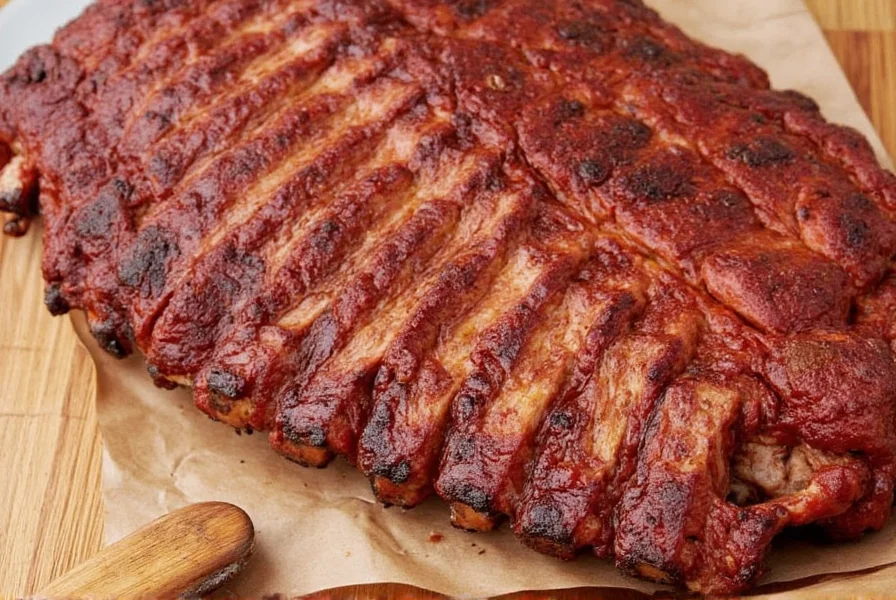
Whole spices like peppercorns, cumin seeds, and coriander retain flavor much longer than their pre-ground counterparts. Invest in a quality grinder or mortar and pestle for fresher flavors.
3. Label Everything
You may think you’ll remember which jar is smoked paprika and which is sweet Hungarian, but time plays tricks. Always label your spice jars clearly with both the name and date purchased.
4. Use a Base Layer Technique
For rubs, layering your spices can enhance depth:
- Base (like brown sugar or salt)
- Primary spices (smoked paprika, chili powder)
- Accent spices (garlic powder, mustard, cayenne)
5. Dry Brine First, Then Apply Rub
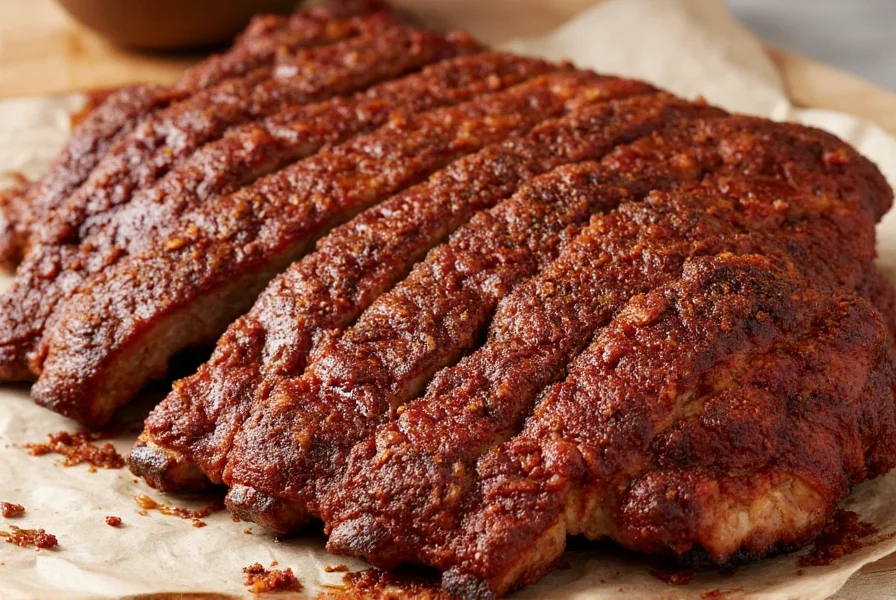
Dry brining involves sprinkling salt on the meat and letting it sit for several hours or overnight. This helps draw out moisture, allowing the rub to stick better and penetrate deeper.
6. Toast Spices Before Grinding
Toasting enhances flavor complexity. Simply heat a dry skillet and toss in whole spices until fragrant (don’t burn them!). Then grind immediately.
7. Rotate Old Spices
Ground spices last about 6 months; whole ones up to a year. Check your pantry regularly and replace expired jars to keep flavors vibrant.
Buying Guide: Choosing the Right Rubs and Spices
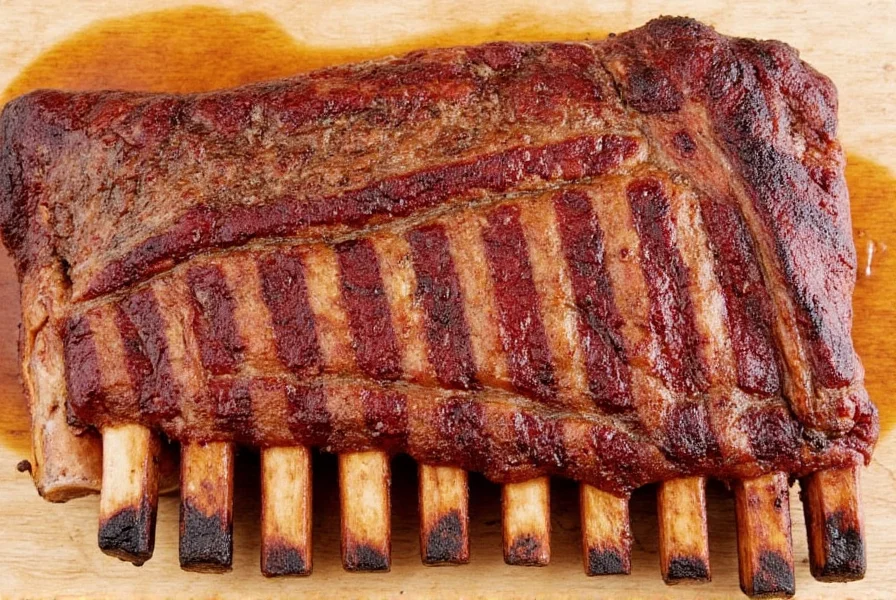
Whether you prefer DIY mixes or store-bought convenience, here's how to pick the right products for your rib recipes:
Best Commercial Rubs for Ribs
| Product Name | Features | Flavor Profile | Best For | Occasion |
|---|---|---|---|---|
| Stubb’s Original Bar-B-Q Rub | Made with real brown sugar, no MSG | Sweet, smoky, slightly spicy | Backyard BBQ, smokers | Casual weekend grillers |
| McCormick Grill Mates Smoky Chipotle Marinade & Seasoning | Convenient powder blend, versatile use | Smoky, tangy, mild heat | Indoor and outdoor cooking | Quick weeknight meals |
| The Spice Lab Memphis Style Rib Rub | Authentic regional taste, balanced blend | Mild and sweet, classic BBQ | Competitive pitmasters | BBQ competitions |
DIY Rub Ideas for Custom Flavor
Create your own rubs based on the flavor profile you want:
- Classic Sweet-Smoky: Brown sugar, smoked paprika, garlic powder, onion powder, salt, pepper
- Southwest Kick: Chili powder, cumin, smoked paprika, cayenne, oregano, salt
- Asian Fusion: Chinese five-spice, ginger powder, sesame, brown sugar, garlic
Tools You Need for Perfect Rub Application

- Rubber gloves – Helps apply rub evenly without staining hands
- Dry brush – Perfect for spreading oils and glazes over seasoned meat
- Meat injector – Great for infusing flavor deep inside the ribs
Conclusion
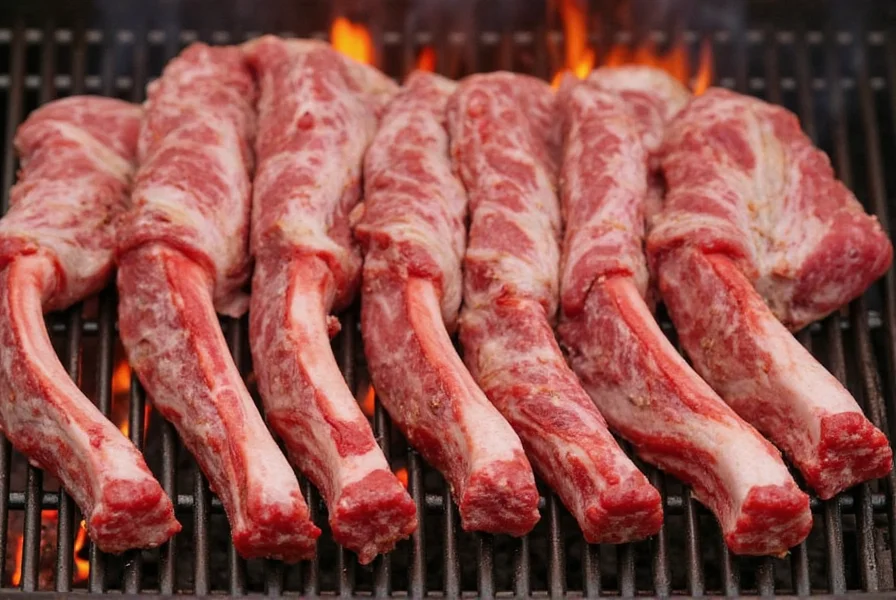
So, how many bones in a rack of ribs? Most commonly, a rack of pork back ribs has 13 bones — perfect for serving two hungry people or feeding a small crowd with leftovers.
But knowing your bone count is just the beginning. To truly master the art of rib cooking, you need the right spices, the right storage techniques, and a bit of creativity in your rub recipes.
From toasting your spices to mastering the perfect dry brine, these tips will ensure every bite of your ribs is packed with flavor. Whether you're grilling solo in your backyard or entering your next competition, the secrets above will help you elevate your game.
So go ahead — fire up the smoker, grab your favorite rub, and get ready to impress everyone at the table.

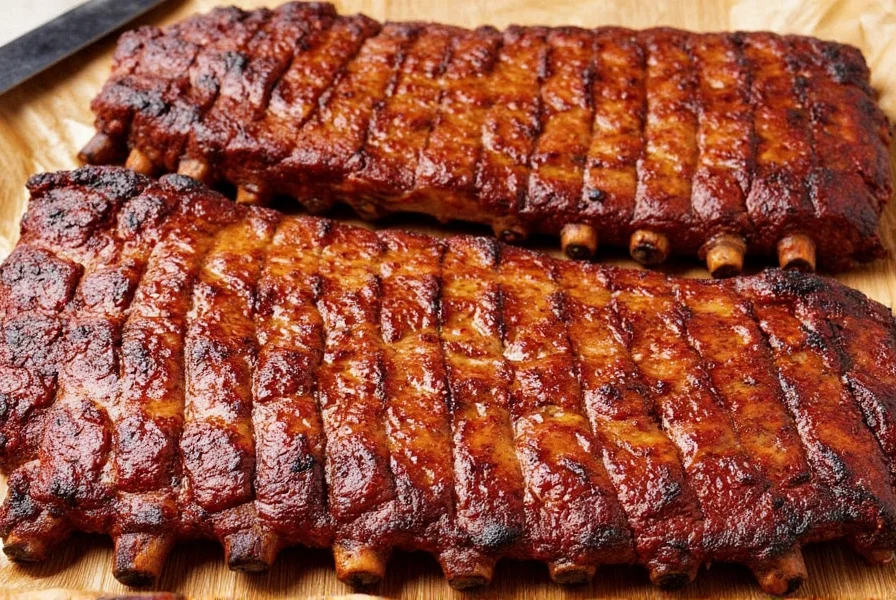









 浙公网安备
33010002000092号
浙公网安备
33010002000092号 浙B2-20120091-4
浙B2-20120091-4